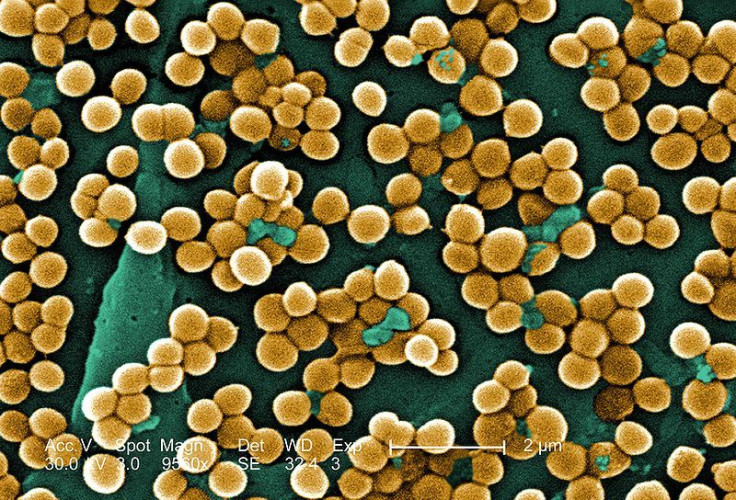Researchers Reverse Bacterial Trend With Breast Milk

Methicillin-resistant Staphylococcus aureus (MRSA) is what's commonly referred to as a superbug - a bacteria so advanced that it no longer responds to antibiotics. And MRSA is one of the scariest of its kind, said Science, given its resistance to a whole host of drugs.
But as reported in PLOS One, researchers at SUNY Buffalo may have found a way to resensitize MRSA to the antibiotic methicillin. The key? Breast milk. The team experimented with a protein found in breast milk called HAMLET, which is known to have both tumoricidal and bactericidal properties. Though it doesn't kill all kinds of bacteria, its activity that is associated with death in some respiratory pathogens is still present in other, more insensitive organisms. As a result, the researchers decided to see what would happen when HAMLET was paired with antibiotics, they wrote.
They found that the presence of HAMLET boosted the effects of methicillin on MRSA in mice, at extremely low doses, said Science. The combination compound killed MRSA at a 10 microgram dose, whereas methicillin alone was ineffective even at 10 times that dose, added Science.
The bacteria have so far been unable to evolve a resistance to HAMLET, the researchers wrote, making it a potentially valuable antimicrobial adjuvant "with the potential to increase the clinical usefulness of antibiotics against drug resistant strains of S. aureus."



























